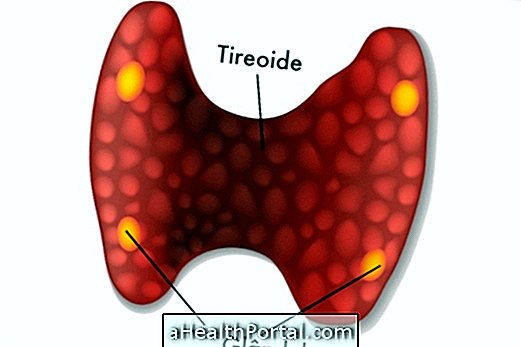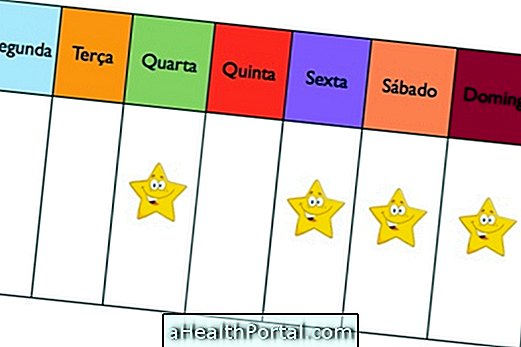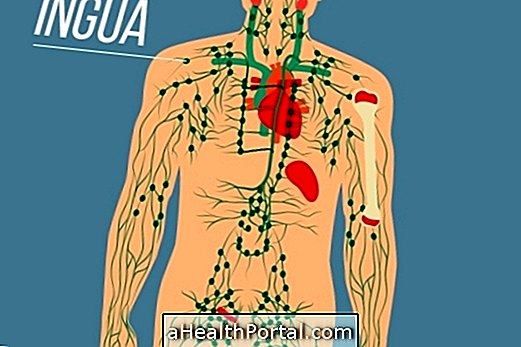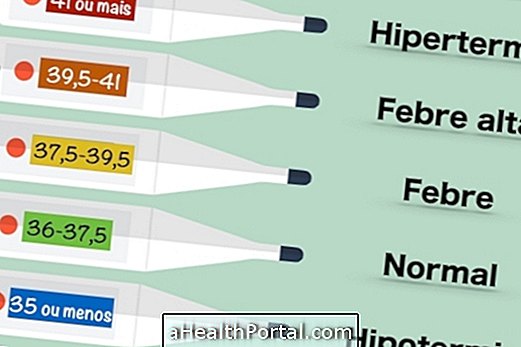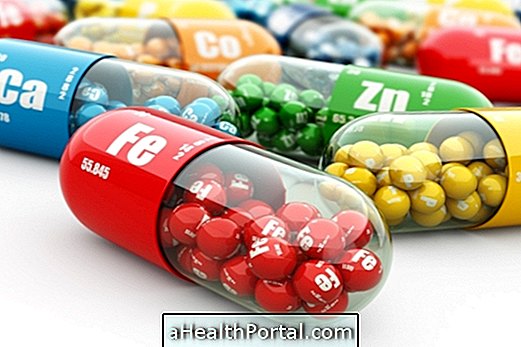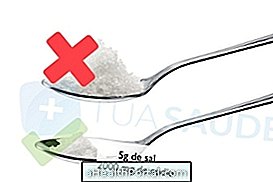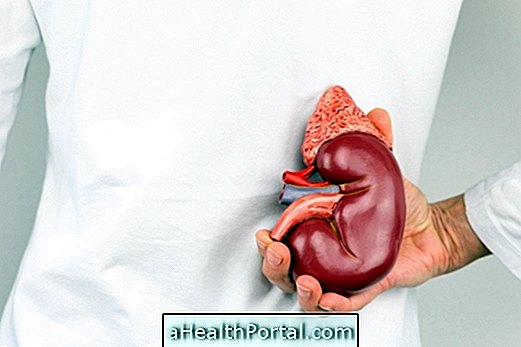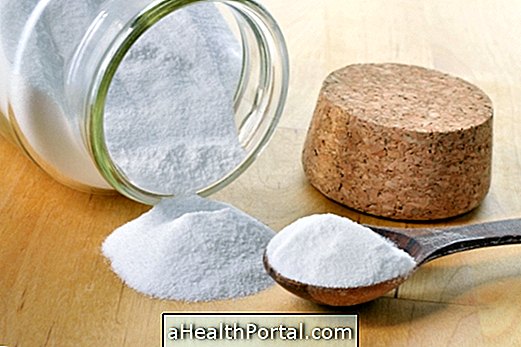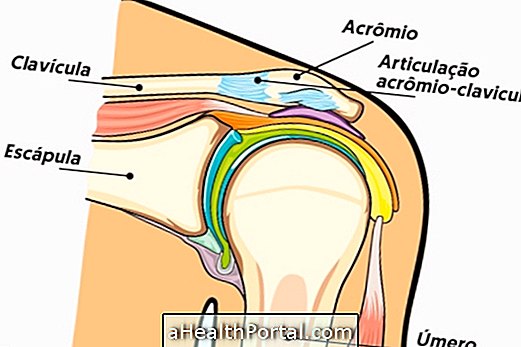Foods that accelerate metabolism and detoxify the body, are mainly rich in caffeine such as coffee and green tea, or seasonings like cinnamon and spices, as they are rich in substances that accelerated metabolism such as catechins and capsaicins.
Thus, when used in conjunction with a healthy diet and frequent practice of physical activity, they help increase weight loss and improve the functioning of the body.
1. Red pepper
The red pepper is rich in capsaicin, a substance with antioxidant and anti-inflammatory properties, which helps relieve pain, prevent cancer and accelerate metabolism.
You should consume about 3 g of pepper per day, and the more it burns, the higher its capsaicin content, but its over-consumption can cause burning in the mouth and stomach.
2. Green Tea
Green tea is rich in flavonoids and caffeine, substances that increase metabolism and promote fat burning. In addition, it has a diuretic effect, which helps eliminate fluid retention.
To achieve its effects, one should consume 4 to 5 cups a day, avoiding its consumption along with the main meals, so that it does not hinder the absorption of minerals of the diet, like iron, zinc and calcium. See all the benefits of green tea.

3. Cinnamon
In addition to having thermogenic action, cinnamon has anti-inflammatory, antioxidant action, improves digestion and helps control diabetes and high cholesterol.
This spice can be consumed in the form of tea or one can add 1 teaspoon in fruit salads, juices, and vitamins in milk.
4. Ginger
By containing the compounds 6-gingerol and 8-gingerol, ginger increases the production of heat and sweat, which helps in weight loss and prevention of weight gain.
In addition, it improves digestion and fights intestinal gas, and can be consumed in the form of tea or added in juices, vitamins and salads. See recipes with ginger for slimming.
5. Guaraná
Guarana helps increase metabolism because it contains caffeine, and to lose weight it should be consumed preferably along with juices or teas that also help in weight loss such as ginger tea and green juices. See all the benefits of guarana powder.
The recommended amount is 1 to 2 teaspoons of guarana powder per day, avoiding the ones I consume at night, to avoid insomnia problems.

6. Apple cider vinegar
Apple cider vinegar helps in weight loss because it improves digestion, increases satiety, combats fluid retention and is rich in antioxidants that improve the functioning of the body.
To aid in diet, one should consume 1 to 2 teaspoons of vinegar diluted in a glass of water per day, or use it as seasoning for meats and salads.
7. Coffee
Being rich in caffeine, coffee speeds up metabolism and can be consumed throughout the day for breakfast or snacks.
The recommended amount is up to 5 cups of 150 ml per day, remembering to avoid its consumption in cases of gastritis, high blood pressure or insomnia.
It is also important to remember that the ideal is that these foods are prescribed by a nutritionist, because excessive consumption can cause problems such as insomnia and high blood pressure. See which are the Contraindications of Thermogenic Foods.
What is metabolism
Metabolism corresponds to the set of biochemical processes that occur in the body that controls the synthesis and degradation of substances in the body and thus allow vital functions such as breathing, body temperature regulation and energy generation, for example.
Metabolism is regulated by several enzymes and can be classified into two phases:
- Anabolism, which corresponds to biochemical reactions of synthesis, ie allows the production of more complex molecules, such as proteins, for example, from simpler molecules such as amino acids;
- Catabolism, which corresponds to biochemical reactions of degradation, ie allows the production of simpler molecules from other more complex, such as water and energy (ATP) from glucose.
In order for the organism to be in homeostasis, anabolism and catabolism must also be in equilibrium. When anabolism is more present than catabolism, there is gain of muscle mass, for example. When the opposite occurs, the body loses mass, and this situation is more characteristic in periods of fasting.
The basal metabolism corresponds to the person's metabolism in the fasting period, that is, the amount of calories that the body of a person who is in an absolute fast can consume in 24 hours without damage to the body. It is usually from the assessment of the basal metabolism, habits and goals of the person that the dietitian can prescribe the most appropriate diet for each case.




